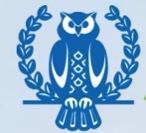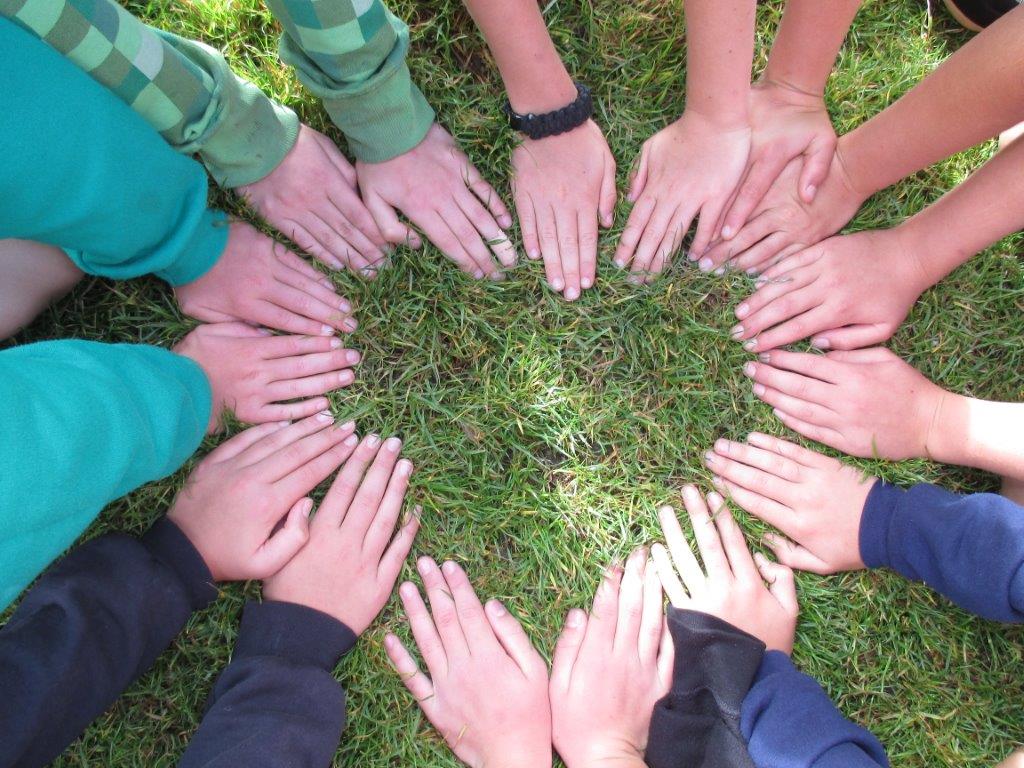 Recently, the San Juan Island Prevention Coalition offered an 8 hour training course on Youth Mental Health First Aid, a public education program, sponsored by a Project Aware grant with the Northwest Education Services District (NWESD). Our trainers, Dana King and Joyce Wells, used simulations and role-playing to demonstrate how to offer initial help in a mental health crisis and connect persons to the appropriate professional, social, peer, and self-help care. Many people are trained in First Aid and CPR, consider this another skill to have in your “tool kit”.
Recently, the San Juan Island Prevention Coalition offered an 8 hour training course on Youth Mental Health First Aid, a public education program, sponsored by a Project Aware grant with the Northwest Education Services District (NWESD). Our trainers, Dana King and Joyce Wells, used simulations and role-playing to demonstrate how to offer initial help in a mental health crisis and connect persons to the appropriate professional, social, peer, and self-help care. Many people are trained in First Aid and CPR, consider this another skill to have in your “tool kit”.
The research supports the need for such trainings. Self reporting data from middle and high school students in the Healthy Youth Survey 2016, from across the State, shows an increase in anxiety, stress, depression, thoughts and attempts of suicide. This program also teaches the common risk factors and warning signs of specific types of illnesses, like anxiety, depression, substance use, bipolar disorder, eating disorders and schizophrenia. Being more aware of the warning signs, gives us a chance to talk to the youth and help get them the support they need. Calling 911 is certainly appropriate if someone is in a mental health crisis.
This course highlights, if you suspect a child is having a difficult time and/or not quite themselves, that it’s okay to check in with them. One of the most significant protective factors for youth, is a caring relationship with a trusted adult. Be direct and talk openly about suicide. Be nonjudgmental and help remove the stigma about mental health issues.
Close to 20 participants joined in this training. Here are some of their comments:
“I was really impressed by the program and by the broad web of support agencies that attended the presentation. Friday Harbor is full of individuals who want to help our kids be their strongest selves!” Katy Doran, Parent
“I gained the confidence to approach the topic of suicide without fear of the recipient thinking I presumed they are thinking about it, hence, possibly causing those thoughts if they weren’t. It is the ultimate act of showing love and compassion.” Lowell Jons, Island Rec and Parent
“I appreciated taking the Youth Mental Health First Aid course because it gave me a more solid sense of how I might be able to help a youth in crisis. I certainly want kids to know that I’m an adult that they could come to, if they are having trouble that they don’t necessarily feel comfortable talking about with a parent or guardian, but before if that happened, I was operating strictly on instinct. This course gave me some reassurance and a foundation of ideas and resources to help me help the youth, should the occasion arise. I think that it’s definitely worth-while for adults who work with kids to try to stay aware of signs of trouble and know something about effective ways to help and I’m glad I had the opportunity to take the course.” Penelope Haskew, Youth and Family Program Director, San Juan Community Theatre and Parent
“I think Joyce and Dana did a phenomenal job relaying the information and giving us real world problems to relate to. l loved the reminder to take time and ask others if they are ok. I think this is a simple, but an overlooked thought, in a world where people would rather stare at their phones than interact with one another”. Morgan Johnston, Island Rec
“Youth Mental Health First Aid is a great course designed for adults to help identify the signs and symptoms of mental health issues amongst youth. It was so great to bring together many of our community resources to talk about the issues of suicide and depression. Our hope is to be able to help prepare members in the community to identify signs and symptoms of mental health issues, to help prevent youth suicides from taking place. Thank you all to who were able to show up. Hopefully we will be able to provide more trainings like this in the future.” Joyce Wells, Prevention Intervention Specialist, Friday Harbor Middle/High School
The ALGEE acronym, named for the program’s Koala mascot, helps reminds participants: 
Assess for riskof suicide and harm
Listen non-judgmentally
Give reassurance and information
Encourage appropriate professional help
Encourage self-help and other support strategies
 Resources for teens in crisis include; Western WA. Chat Line: imhurting.org , The Suicide Prevention Lifeline Information, 800-273-8255, and TeenLink, 866-833-6546. In an emergency, dial 911, or go to the nearest hospital emergency room immediately.
Resources for teens in crisis include; Western WA. Chat Line: imhurting.org , The Suicide Prevention Lifeline Information, 800-273-8255, and TeenLink, 866-833-6546. In an emergency, dial 911, or go to the nearest hospital emergency room immediately.
The San Juan Island Prevention Coalition’s mission is to reduce substance abuse among youth and promote a community culture of healthy and responsible behaviors for youth and adults. Collaboration is key. Want to get involved? You’re invited to the next Board of Trustees meeting on December 15, 2017
RSVP 360-370-5716 sjipc.org Like us on Facebook, too!
by Debbi Fincher



